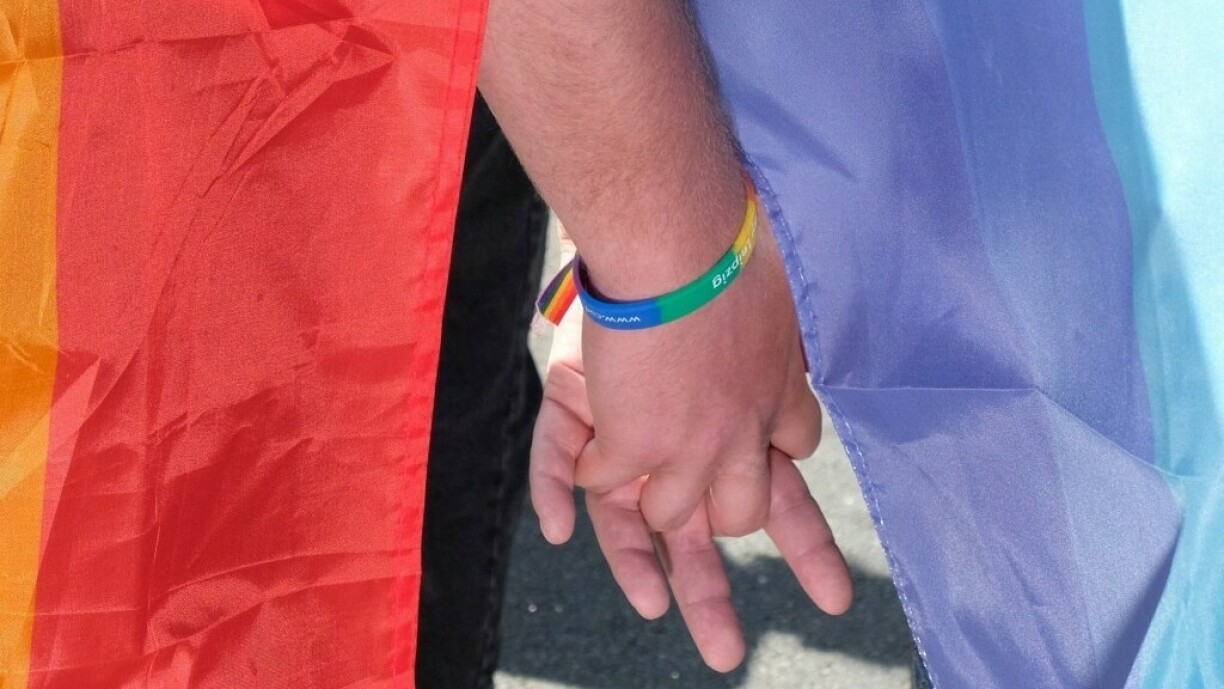
Luxembourg’s National LGBTQ+ Association Rosa Lëtzebuerg ASBL and the Consultative Commission on Human Rights (CCDH) welcomed the fact that the 2018 plan has finally been updated by the Ministry of Gender Equality and Diversity with the aim of strengthening LGBTIQ+ rights. However, both organisations voiced sharp criticism.
According to Rhéa Ziadé of the CCDH, there are two major setbacks compared to the previous plan and to international recommendations. One key issue is that the plan still does not include the ‘depathologisation’ of gender transition for transgender people.
“This means that if someone wishes to undergo a transition, they still need a medical certificate from a psychiatrist. This is regrettable, because it’s a very long and costly procedure that often requires travel abroad. For minors, it can take up to two years. On top of that, the stigma remains, as some continue to associate gender transition with illness or a mental disorder.”
The CCDH argues that the government should have moved towards abolishing the certificate requirement.
Andy Maar of Rosa Lëtzebuerg is disappointed that the most crucial demands which ultimately are the ones that affect the daily lives of transgender and intersex people the most, have been left out of the new plan, even though they were included in the previous one.
“For example, the ban on medically unnecessary surgery on intersex minors is missing. The previous government had promised to present a bill on this before the end of 2021. Now, there’s no binding commitment.”
The earlier plan still foresaw such a ban, but this is no longer on the agenda, confirmed Rhéa Ziadé.
“Now, the new plan simply announces that an interministerial working group will be created and that the legal frameworks of other EU countries will be analysed. For us, that doesn’t go nearly far enough, especially since international bodies, both the United Nations and the Council of Europe, have specifically addressed these recommendations to Luxembourg.”
The PAN repeatedly refers to working groups, but according to Andy Maar, these have existed perpetually for a long time.
“You can continue discussing the same topic for ten years, but at some point, something concrete has to happen.”
The same applies to education policy following recent public petitions: “A year ago, we had two opposing petitions, one against adding LGBTQ+ content to school curricula, and one in favour. We expected that after the debate, concrete measures would follow. Unfortunately, the PAN doesn’t contain many binding commitments.”
Beyond setbacks for intersex and transgender rights, certain points in the plan should have been worded far more clearly. One example is the automatic recognition of parenthood for same-sex couples in cases of medically assisted reproduction or surrogacy.
“Currently, the second parent still has to adopt their own child. This means going through a lengthy procedure during which the mother or father has no rights. It’s discriminatory compared to heterosexual couples, who don’t have to do this. We urgently call for this discrimination to be abolished.”
For years, campaigners have also pushed for non-binary people to finally have a ‘neutral’ gender marker on identity documents. Yet once again, the PAN only promises another analysis rather than drafting a bill, notes Rhéa Ziadé.
Overall, while both the CCDH and Rosa Lëtzebuerg welcomed the commitment of the responsible minister, Yuriko Backes, they consider the plan a missed opportunity and, in some respects, a worrying backsliding of human rights.